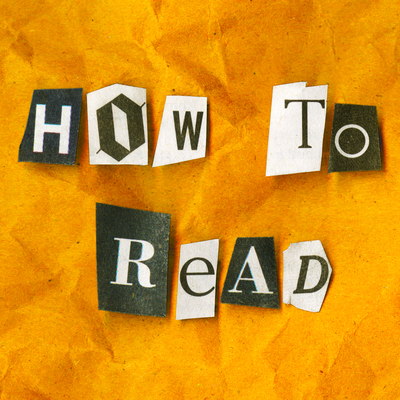What we notice about someone else’s language is less to do with language itself than with our perception of the person’s social status. This happens with kids in classrooms too, where teachers police the language of students with lower social status, while students with higher social status can say the exact same thing and nobody notices. This double standard can lead to Black students and bilingual students of color in particular being put into remedial classes that aren’t meant for them, preventing them from progressing academically. Nelson Flores wants an education system – and a world – that does justice to the many valid ways people use language.
Category: Episodes
Chronic pain is pain that lasts for months, years or even a lifetime, and doctors have a hard time understanding it. Not only is it sometimes impossible to cure, but doctors also tend to fixate on bodily pain and not address the ways pain is also psychological and emotional. In fact, Travis Chi Wing Lau argues that this attitude goes back to the ways doctors have been trained since the eighteenth century to observe outer bodily symptoms and discount patients’ subjective experiences. Turning to Travis’s poetry, we discuss why we need poets as well as doctors to understand pain.
You may have noticed that music has been sounding more chilled out recently, with softer voices, slower tempos, and fewer instruments. From famous artists like Taylor Swift to background music for working and studying to, chill vibes are all around us. But Robin James argues that chill isn’t just a style, it also has political implications. Chill music creates a mood that helps us be more effective at work, allowing us to manage our state of mind for maximum productivity even as our working lives become ever more precarious.
Do you want to live a predictable life? Can great art ever be predictable? Most people would probably say no to both, but Caroline Levine thinks predictability is more valuable than we usually recognize. Predictability is like putting on your own oxygen mask before helping others: we need to cover the essentials, like shelter and a stable work schedule, in order to achieve our grander ambitions. But predictability isn’t just useful in our personal lives. Whether it’s reliable access to childcare or a unifying protest chant, predictability can also help us in collectively creating social change.
Why do we click with some works of art and not others? Why does it bother us when we feel deeply connected to a song, painting, movie or book that our friends don’t connect with? Rita Felski uses the word attunement for this process of “clicking”, and she’s interested in how unpredictable it is. It’s tempting to try and predict in advance what art you will or won’t attune to, but it’s important to remember that art always has the potential to surprise you – even years after you first experience it.
When you think of an expert or specialist, you might picture a scientist with a lab coat and test tubes. Science likes to claim that its knowledge applies everywhere – like gravity or evolution – which makes scientific knowledge superior to local knowledge about one specific place. But Paige West points out that in practice scientists rely heavily on local people’s knowledge, for example the specialist knowledge that indigenous people in Papua New Guinea have about the fish, plants and ecosystems of their area. In fact, such local knowledge has proven to be crucial for successfully combating major problems like climate change.
What’s happened to reading during the COVID-19 pandemic? Some people are too busy or stressed to read, while others are reading more than ever but in different ways. Leah Price is interested in historical precedents for what we’re experiencing now, from anxieties about catching diseases from library books to the fantasy of reading as refuge from the world. History shows that reading is affected by people’s working lives – some can’t read because they have to work, others read because they can’t work. COVID-19 is transforming the way we work, so reading too will change – but not necessarily for the worse.
